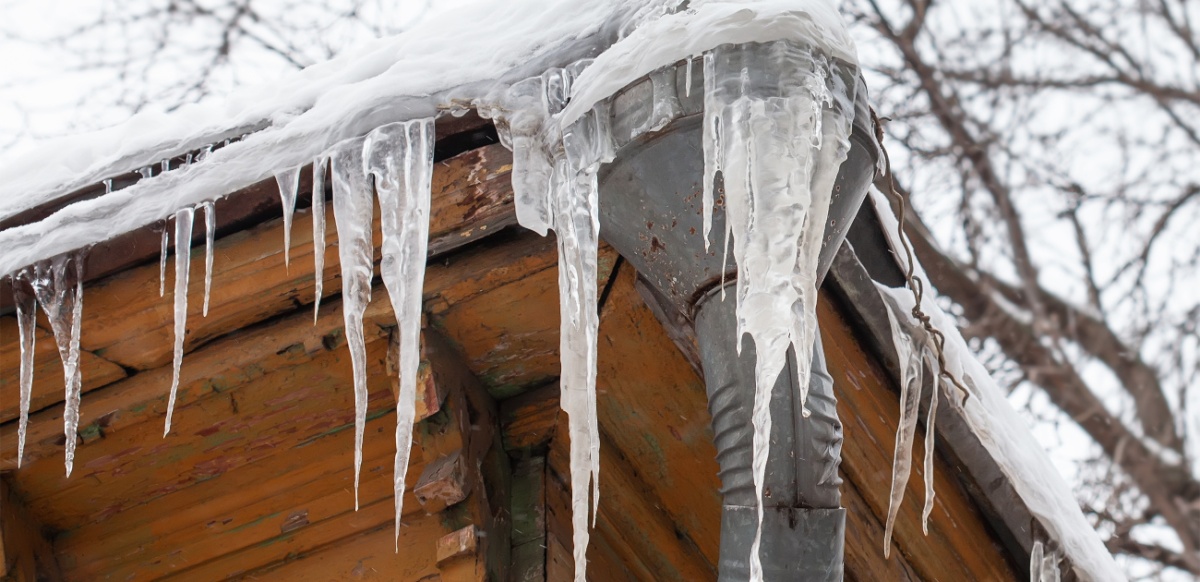Shielding Pipes from Freezing Issues: Critical Strategies
Shielding Pipes from Freezing Issues: Critical Strategies
Blog Article
They are making a few great points on the subject of Helpful Tips to Prevent Frozen Pipes this Winter overall in this post followed below.

Cold weather can damage your plumbing, specifically by freezing pipes. Right here's just how to prevent it from taking place and what to do if it does.
Intro
As temperatures decline, the threat of frozen pipes rises, possibly resulting in costly fixings and water damages. Understanding just how to avoid icy pipelines is essential for homeowners in chilly climates.
Recognizing Frozen Pipelines
What causes pipes to ice up?
Pipes ice up when exposed to temperature levels below 32 ° F (0 ° C) for prolonged durations. As water inside the pipes freezes, it increases, putting pressure on the pipe wall surfaces and possibly causing them to rupture.
Threats and damages
Frozen pipelines can bring about water supply interruptions, building damage, and expensive repair services. Ruptured pipelines can flooding homes and create considerable architectural damage.
Signs of Frozen Pipes
Identifying frozen pipes early can prevent them from bursting.
How to recognize icy pipelines
Try to find reduced water flow from taps, unusual odors or noises from pipes, and visible frost on exposed pipelines.
Prevention Tips
Shielding prone pipelines
Cover pipelines in insulation sleeves or make use of warm tape to safeguard them from freezing temperatures. Concentrate on pipes in unheated or exterior locations of the home.
Home heating techniques
Maintain interior rooms properly warmed, particularly locations with plumbing. Open up cupboard doors to permit warm air to flow around pipes under sinks.
Shielding Outside Pipes
Garden tubes and outdoor taps
Separate and drain yard tubes before wintertime. Install frost-proof spigots or cover outside taps with shielded caps.
What to Do If Your Pipes Freeze
Immediate actions to take
If you presume icy pipes, maintain faucets available to ease pressure as the ice melts. Utilize a hairdryer or towels soaked in warm water to thaw pipelines gradually.
Long-Term Solutions
Architectural adjustments
Think about rerouting pipes far from outside walls or unheated locations. Add additional insulation to attic rooms, cellars, and crawl spaces.
Upgrading insulation
Invest in top quality insulation for pipes, attic rooms, and wall surfaces. Proper insulation helps preserve regular temperature levels and reduces the danger of frozen pipes.
Verdict
Avoiding icy pipelines calls for proactive measures and quick reactions. By comprehending the causes, indications, and preventive measures, house owners can secure their plumbing during cold weather.
Helpful Tips to Prevent Frozen Pipes this Winter
UNDERSTANDING THE BASICS: WHY PIPES FREEZE AND WHY IT’S A PROBLEM
Water freezing inside pipes is common during the winter months, but understanding why pipes freeze, and the potential problems it can cause is crucial in preventing such incidents. This section will delve into the basics of why pipes freeze and the associated problems that may arise.
THE SCIENCE BEHIND FROZEN PIPES
When water reaches freezing temperatures, it undergoes a physical transformation and solidifies into ice. This expansion of water as it freezes is the primary reason pipes can burst. As the water inside the pipe freezes, it expands, creating immense pressure on the walls. If the pressure becomes too great, the pipe can crack or rupture, leading to leaks and water damage.
FACTORS THAT CONTRIBUTE TO PIPE FREEZING
Low Temperatures: Extremely cold weather, especially below freezing, increases the risk of pipes freezing. Uninsulated or Poorly Insulated Pipes: Pipes located in unheated areas, such as basements, crawl spaces, or attics, are more prone to freezing. Insufficient insulation or lack of insulation altogether exacerbates the problem. Exterior Wall Exposure: Pipes running along exterior walls are susceptible to freezing as they encounter colder temperatures outside. Lack of Heating or Temperature Regulation: Inadequate heating or inconsistent temperature control in your home can contribute to frozen pipes. PROBLEMS CAUSED BY FROZEN PIPES
- Pipe Bursting: As mentioned earlier, the expansion of water as it freezes can cause pipes to burst, resulting in significant water damage.
- Water Damage: When pipes burst, it can lead to flooding and water damage to your property, including walls, ceilings, flooring, and personal belongings.
- Structural Damage: Prolonged exposure to water from burst pipes can compromise the structural integrity of your home, leading to costly repairs.
- Mold and Mildew Growth: Excess moisture from water damage can create a favorable environment for mold and mildew growth, posing health risks to occupants.
- Disrupted Water Supply: Frozen pipes can also result in a complete or partial loss of water supply until the issue is resolved.
WHY CERTAIN PIPES ARE MORE PRONE TO FREEZING
- Location: Pipes located in unheated or poorly insulated areas, such as basements, crawl spaces, attics, or exterior walls, are at higher risk of freezing.
- Exterior Pipes: Outdoor pipes, such as those used for irrigation or exposed plumbing, are particularly vulnerable to freezing as they are directly exposed to the elements.
- Supply Lines: Pipes that carry water from the main water supply into your home, including the main water line, are critical to protect as freezing in these lines can affect your entire plumbing system.
- Underground Pipes: Pipes buried underground, such as those connected to sprinkler systems or outdoor faucets, can be susceptible to freezing if not properly insulated.
https://busybusy.com/blog/helpful-tips-to-prevent-frozen-pipes-this-winter/

We had been shown that write-up on Preventing and dealing with frozen pipes from a friend on our other web address. In case you liked our blog posting plz don't forget to share it. I truly appreciate reading our article about How To Avoid Freezing Pipes.
Call Today Report this page